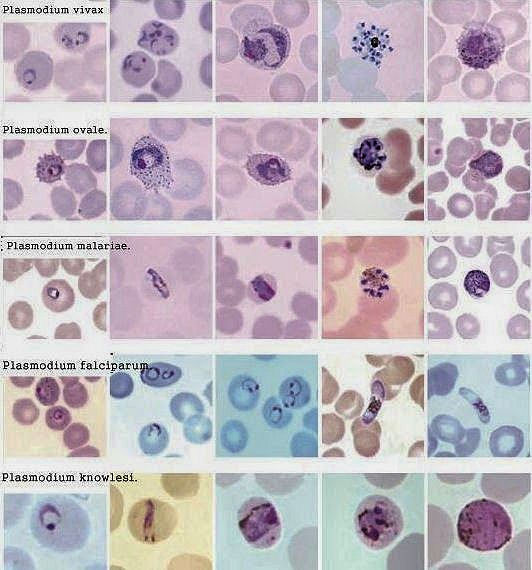 The malaria parasite is rendered barren when the transport of heavy metals such as copper and iron is blocked. This is the conclusion reached by malaria researcher Taco Kooij and international colleagues in a study published today in Nature Communications. In addition, the researchers identified six proteins that are essential to the life stages of the parasite in which it sickens its host. They also discovered a gene that is essential for the parasite to settle in its host. This study provides clues for new malaria drugs and vaccines.
The malaria parasite is rendered barren when the transport of heavy metals such as copper and iron is blocked. This is the conclusion reached by malaria researcher Taco Kooij and international colleagues in a study published today in Nature Communications. In addition, the researchers identified six proteins that are essential to the life stages of the parasite in which it sickens its host. They also discovered a gene that is essential for the parasite to settle in its host. This study provides clues for new malaria drugs and vaccines.
The important finding is that the malaria parasite becomes infertile when the transport of heavy metals such as copper and iron is blocked. “With mutations in the genes involved, we saw that the parasite was unable to produce reproductive cells, or only produced infertile cells. This blocks the movement of parasites from the mouse to the mosquito. This also provides potential targets for medication, because it will prevent further spread of the disease."








































